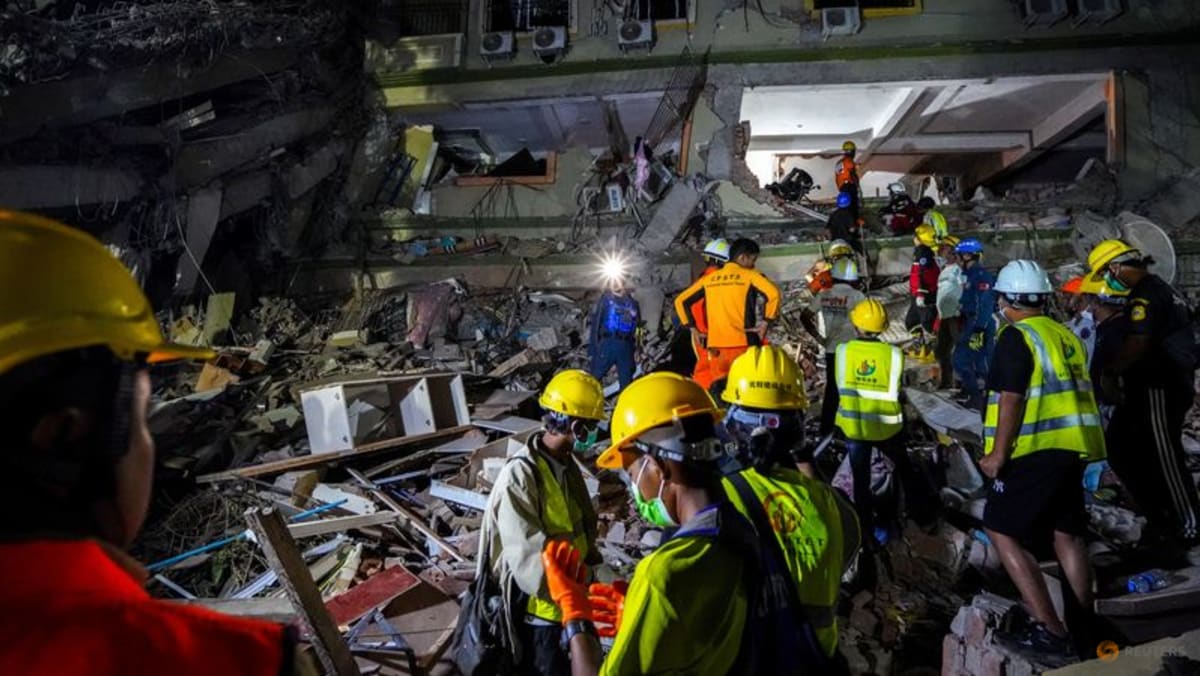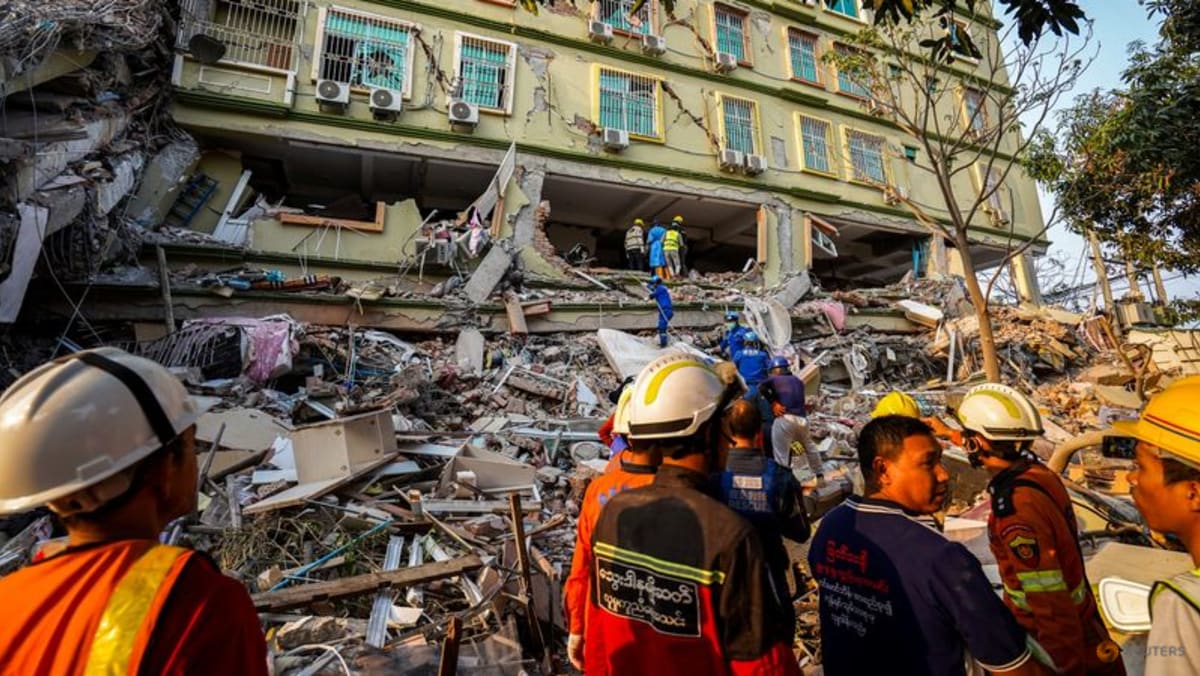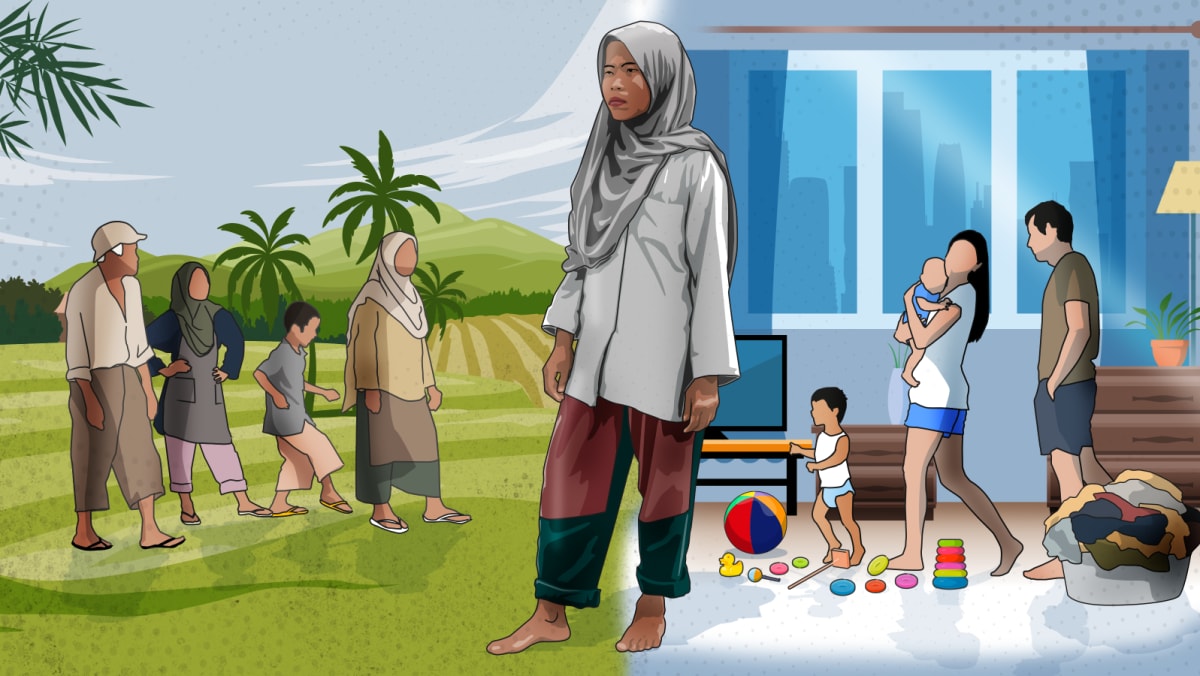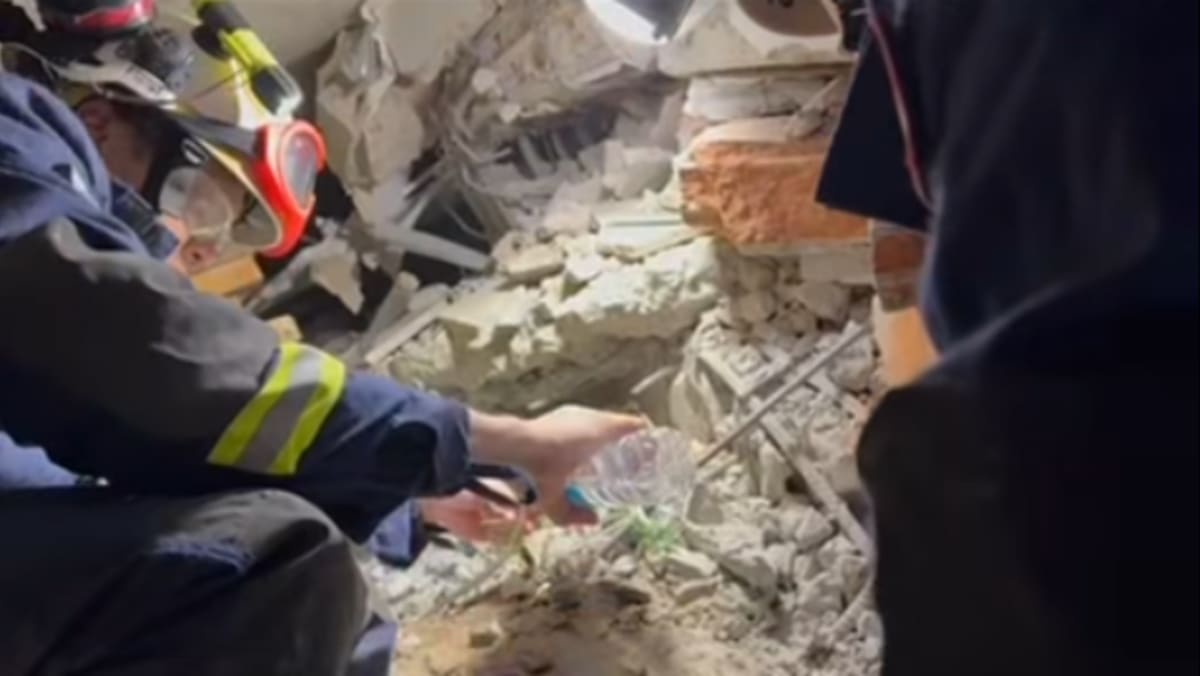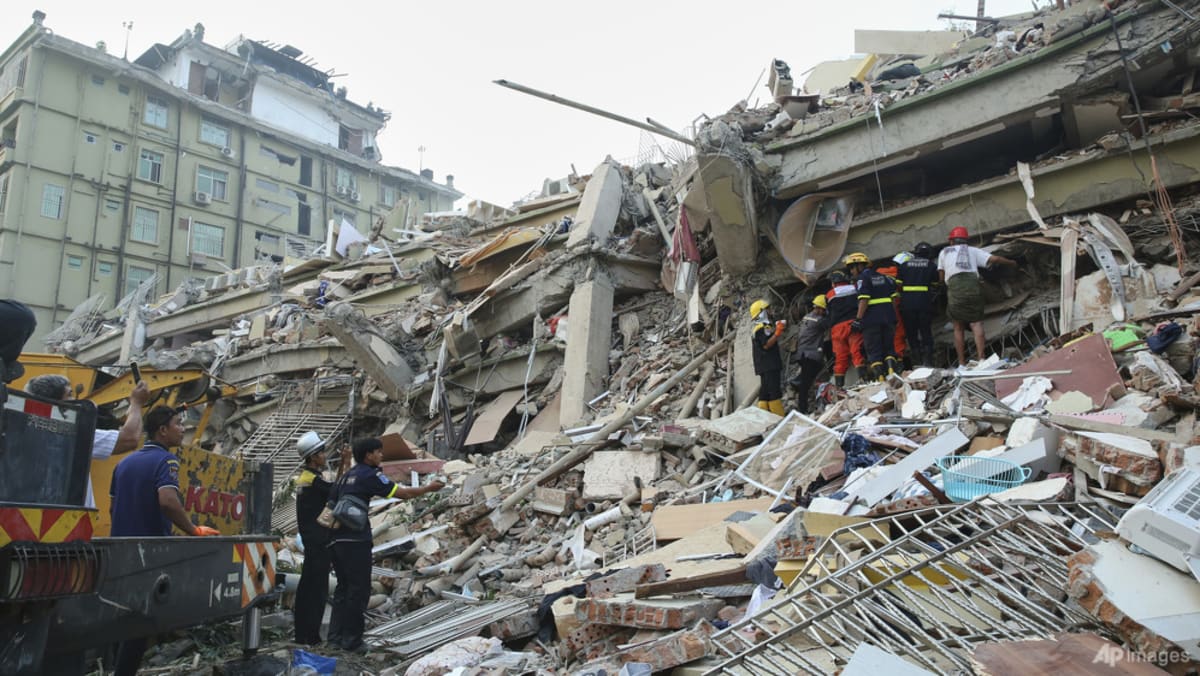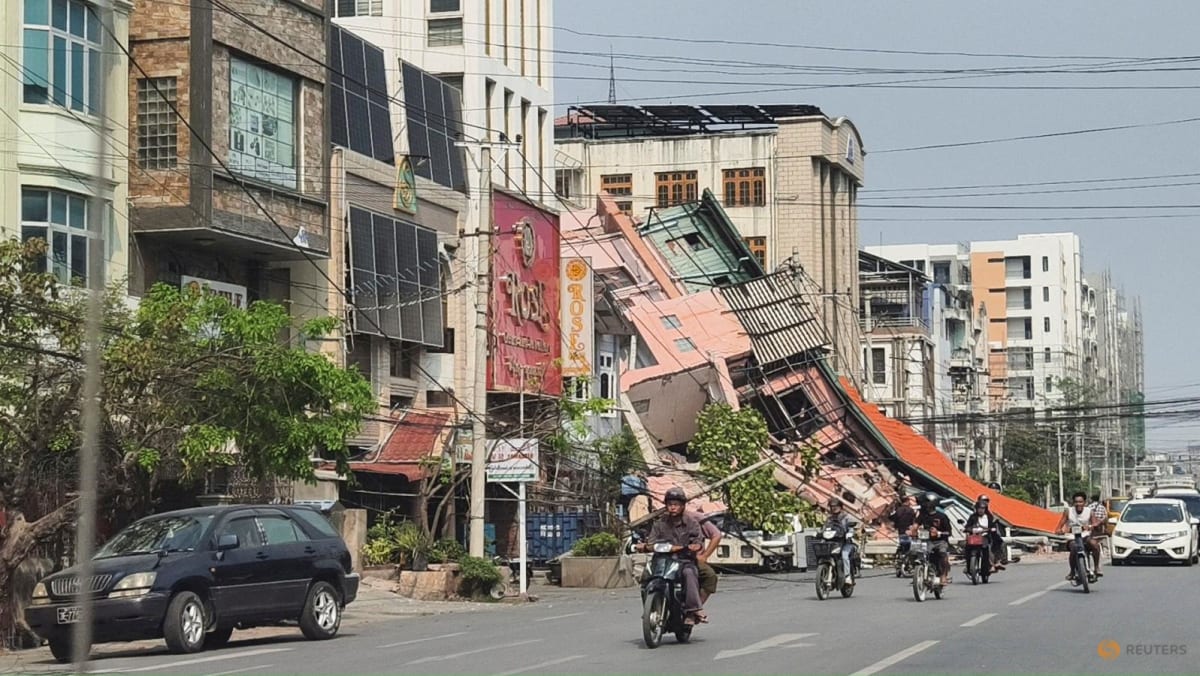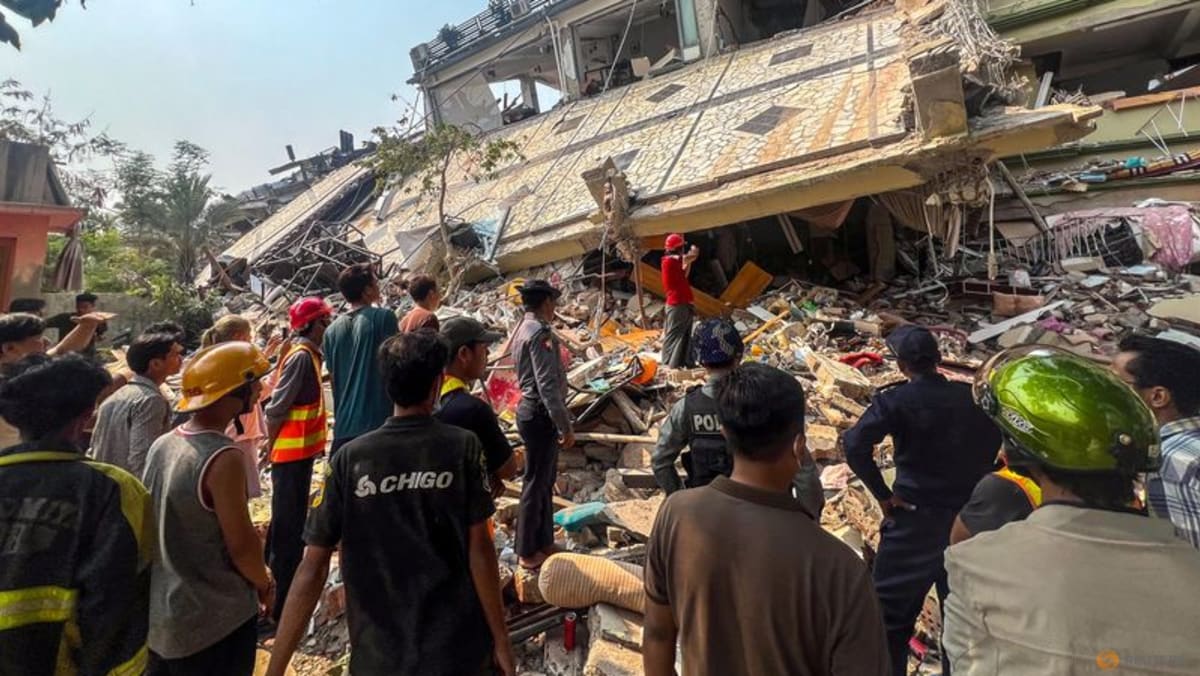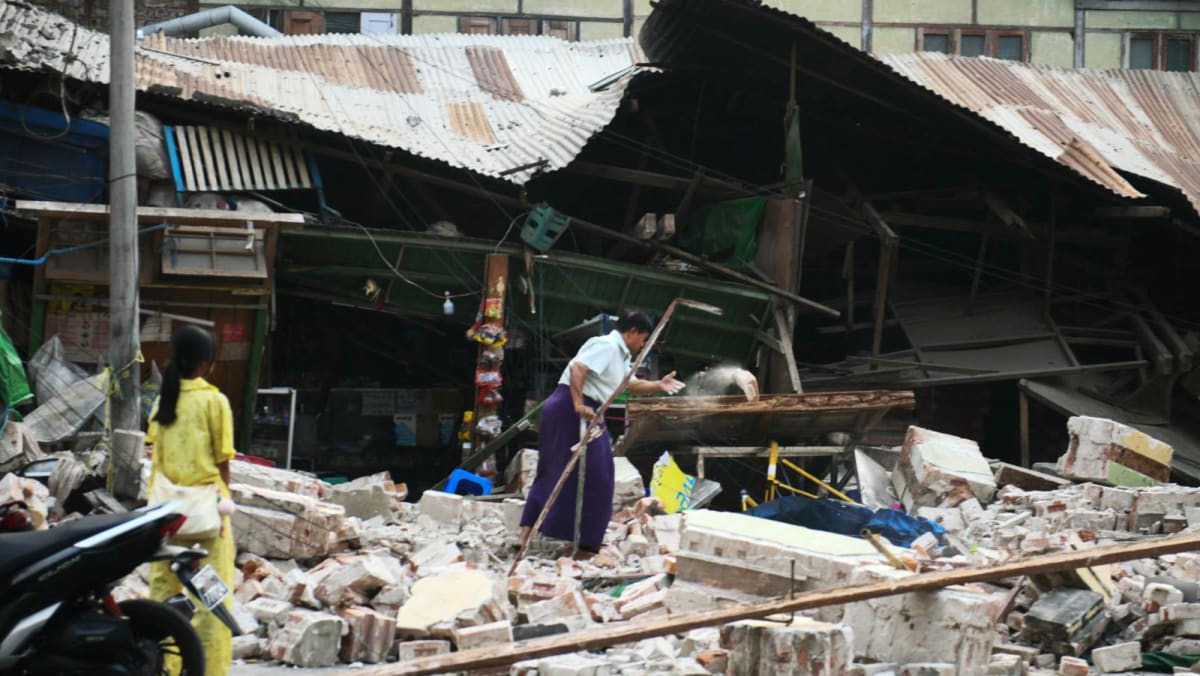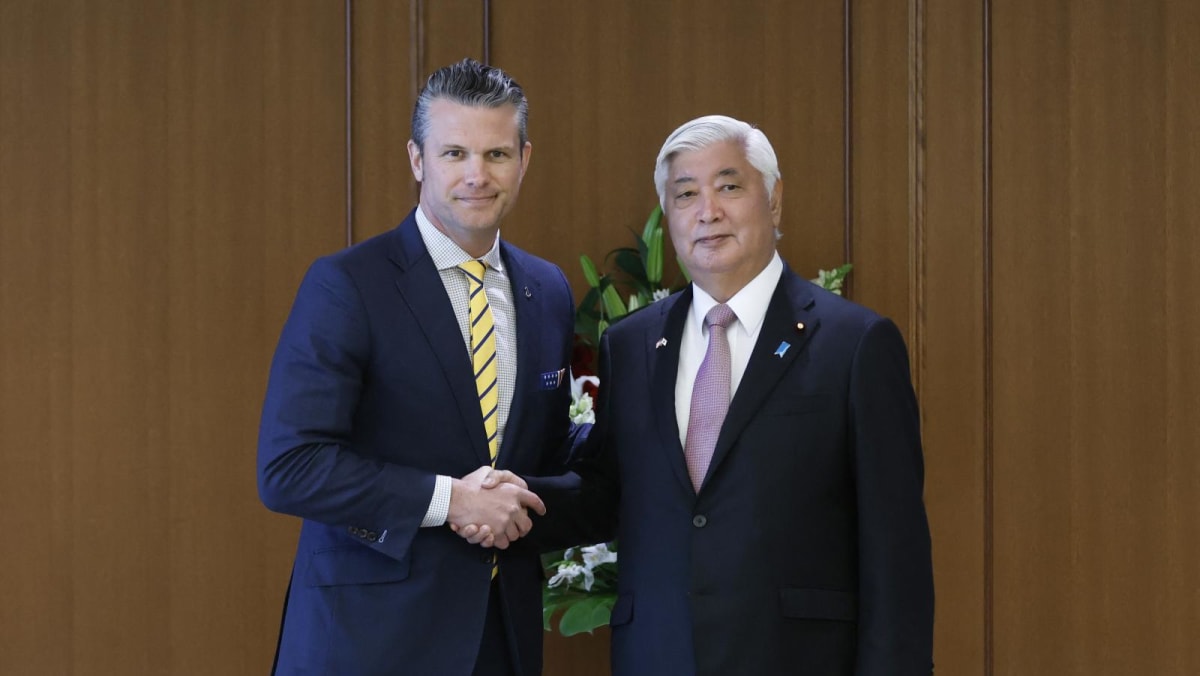Death of doctor in Indonesia following alleged bullying reveals dark side of country’s medical training

JAKARTA: The recent death of a doctor in Indonesia who was undergoing specialist medical training at a hospital in Central Java has cast a spotlight on bullying culture in such institutions, amid what appears to be unsuccessful efforts by the authorities to curb the scourge.
Ms Aulia Risma Lestari – a doctor who was studying for an anesthesia specialist programme at Diponegoro University’s Faculty of Medicine in Semarang – was found dead in her room on Aug 12.
A specialist medical programme is a form of further education for general practitioners to gain specialised expertise in a specific medical field.
Local media reported that Ms Aulia, 30, had allegedly injected herself with a high dosage of the anesthetic Roculax. According to online medical sites, the drug is used to facilitate tracheal intubation as well as to relax skeletal muscles during surgery.
In her personal diary, Ms Aulia purportedly wrote that she could no longer work “like this”, raising suspicions that the doctor had taken her own life due to the bullying she endured.
Suspicions of alleged bullying were further raised following the circulation of WhatsApp conversations between Ms Aulia and several senior students in her residency programme at Kardinah Hospital in Tegal City.
On Aug 16, Indonesia’s Health Minister Budi Gunadi Sadikin acknowledged that Ms Aulia’s death was the result of bullying and said that the issue appears widespread in the country’s medical training institutions.
According to the Jakarta Post, Mr Budi promised to take stern measures to put an end to the practice. He noted that based on surveys done by the health ministry, many medical students undergoing residency programmes appear to have suicidal tendencies as a result of stress and depression due to bullying.
The study cited by Mr Budi found that 22.4 percent of the more than 12,000 specialist medical students in the country were showing signs of depression.
The health minister also called on all senior medical students as well as teaching personnel to put an end to the “toxic seniority culture”, the Jakarta Post reported.
It was not the first time Mr Budi had touched on the topic. Last July, the health minister was reported as saying that the bullying culture in higher learning institutions is an open secret that has been ongoing for decades.
In a sign that things have not yet abated, local media has since reported on another case of bullying that took place in the neurosurgery specialist medical training programme at Bandung’s Padjadjaran University in West Java province.
The university has since terminated the studies of two doctors who were allegedly involved in the bullying and sent warning letters to the head of the department and the head of the neurosurgery programme.
The university has also sanctioned seven other alleged perpetrators in the mild to moderate categories, with the punishment of repeating lecture classes imposed on them.
“One lecturer involved … is now being processed for severe sanctions,” said Dr Yudi Mulyana, Dean of the Faculty of Medicine, as quoted by Antara news agency on Aug 19.
In the bullying case at Padjadjaran University, junior doctors were allegedly physically and verbally abused by their seniors. They were also subjected to paying for their seniors’ expenses – including for food, drinks, car rentals as well as accommodation.
Last year, the health ministry issued guidelines on the prevention of bullying cases in medical education. It also started a channel for victims to channel their complaints, though this has not stopped the bullying cases from happening.
On Aug 17, Kompas reported that since 2023, Indonesia’s health ministry has received some 1,200 reports of bullying in specialist medical education programmes.
According to experts, the bullying culture in medical training institutions could also have an impact on the junior students’ interactions with patients once they graduate.
“The mentality of these students will affect their interaction with patients and if not treated while in their training, will leave an impact when they enter the community,” said Chairman of the Indonesian Doctors Association (IDI) Mahesa Paranadipa, as quoted by Tirto.
Source: CNA





